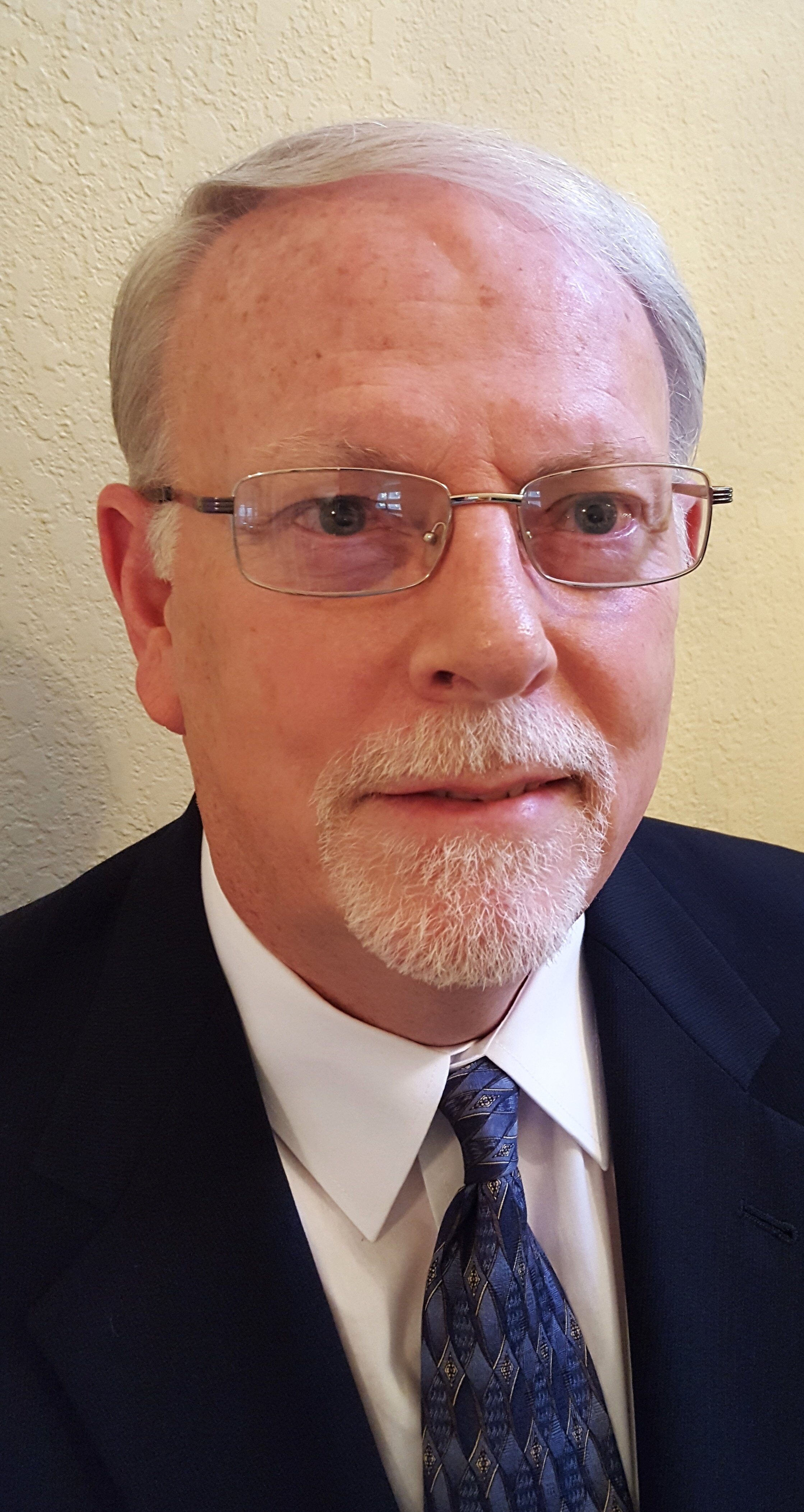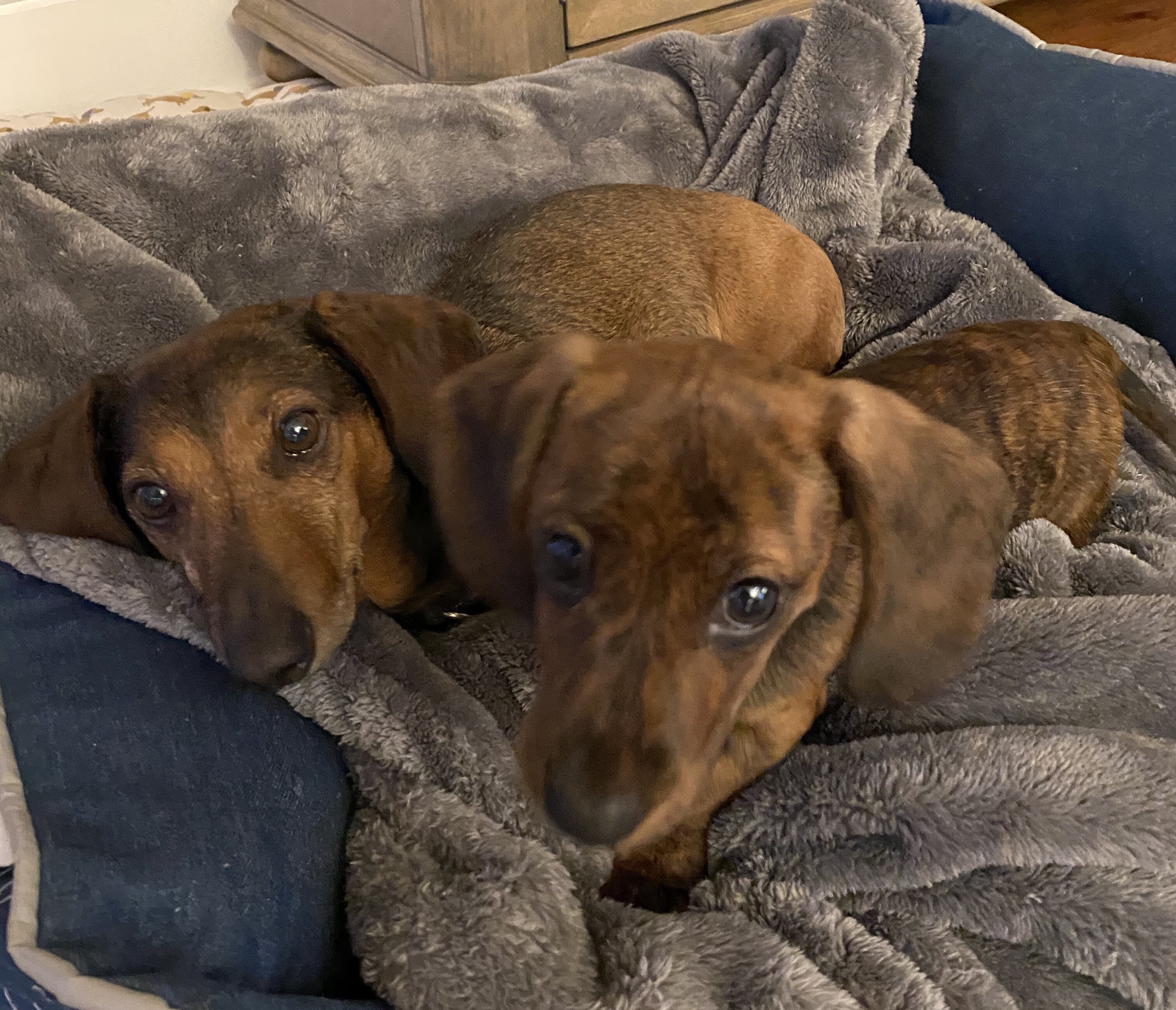Legends in Dermatology: Joe Monroe

Joe Monroe’s first career was as a medical technologist, but by 1976 he had decided on a change and applied to the PA Program at the University of Oklahoma. He graduated in 1978 and practiced primary care until he was seduced by the field of dermatology and cutaneous surgery in 1985. As a consummate learner, Joe went on to obtain his Master’s in PA Studies, with a concentration in dermatology, in 1997.
Practicing in Oklahoma, Oregon, and Washington, he discovered initially that he was only the sixth dermatology PA in this country. Hoping to encourage, unite, and expand PAs in dermatology, he founded a professional specialty group that eventually became the Society of Dermatology Physician Assistants in 1994. In addition to several decades of dermatology practice, Joe has written and lectured widely on every aspect of skin diseases and has mentored countless students and residents.
Now at the young age of 80, a new opportunity arose in the area teledermatology, which he is doing now for the Veteran’s Administration. Elevate Derm caught up with Joe and conducted this brief interview in April 2022.
Matthew: Tell us how and why you became a PA?
Joe: I became a PA because I knew I was capable of far more than being a med tech, so I burnt my bridges and went to PA school not knowing what would become of it. In those days, it was far from clear what the profession would become in the coming years.
Matthew: Did you start off in dermatology? How did you make your way into this specialty?
Joe: I did many things before PA school, but never dreamed I’d wind up in dermatology. I think it appealed to me for two reasons: first, it was so difficult that no one around me was any help to me with my derm patients, so I felt I had no choice but to learn some derm, and the more I learned, the more interesting it became, and it set me apart from my IM colleagues who knew nothing about skin. But when I discovered I could combine general derm with surgical derm, that did it for me, because I really enjoyed using my hands and doing delicate procedures. So, I was becoming able to diagnose AND remove the lesions. It was a bit like becoming the only person around who could speak Swahili.
Matthew: What led you to become involved as a leader of other dermatology PAs?
Joe: I didn’t set out to become a leader in the profession. All I really wanted was to gather derm types together and talk about our cases, learn from one another, become resources for jobs, tell war stories.
Matthew: What would you say are your greatest passions that drove you in your career pursuits?
Joe: I am a pedantic individual, for better or worse, so I was naturally drawn to teaching derm and in helping other PAs find jobs in the specialty. It has been my privilege to see so many PAs get into derm, make a good living for their families, and become respected members of their communities.
Matthew: Can you tell us more about your latest project, we understand that you are working on a textbook? What is the audience for this new resource and what was your impetus to work on it?
Joe: It's written but needs lots of work. The last thing the world needs is another derm book, but this one differs in that it teaches how to get better at dermatology. The audience is the “derm wannabe.” For example, it makes the point that you are unlikely to make a diagnosis you never heard of. So, differentials are supreme. I wrote it because it’s needed. In it, I likened learning dermatology to learning how to auscultate heart and lungs, in which you are not simply listening. You are listening FOR specific sounds which have specific meaning. In our specialty, we’re looking FOR specific features suggested by the history or physical findings. As compared to simply looking AT skin. If you don’t look for pneumonia, you won’t find it. If you don’t look for Hansen’s disease, you will be unlikely to find it. As we know in derm, it’s all about differentials, but differentials can be based on so many things, like gender, age, geography, heredity, and so on. So that’s what the book talks about and gives lots of examples to illustrate these points.
Matthew: How do you plan to spend your time during retirement?
Joe: Once I can no longer practice, I’ll write and speak as long as I can. I have many other interests though. I sing jazz with a live group here once a week. I served as a mentor for veterans in a veteran’s court, and of course, I have a wife and many children, grandchildren and great-grandchildren who need me.
Matthew Brunner PA-C is a dermatology PA at Dermatology & Skin Surgery Center in Stockbridge, GA. When he isn't busy working, he enjoys traveling with his spouse and relaxing with his two dachshunds

